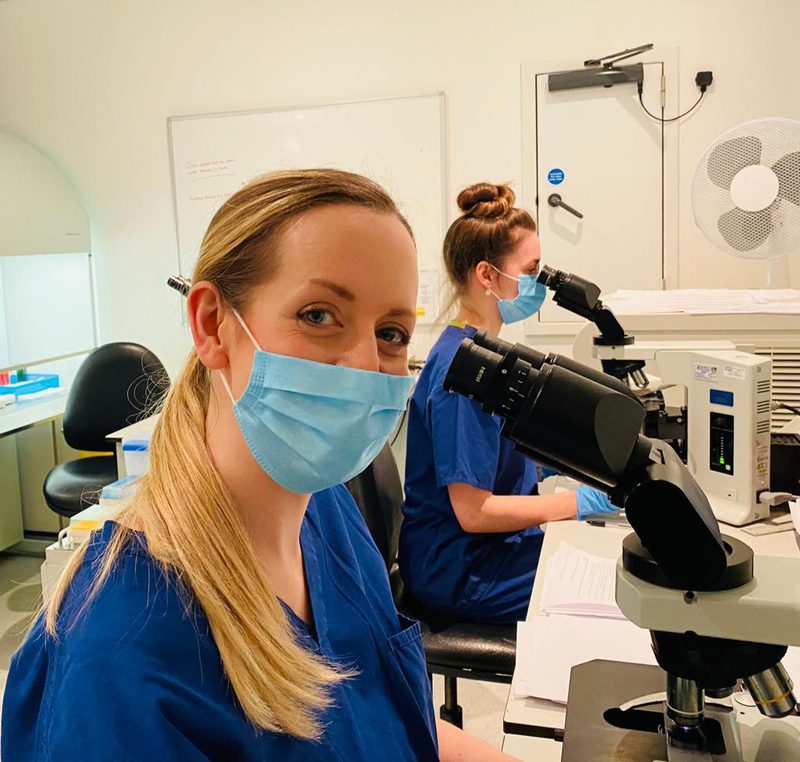Why sperm quality counts in fertility success
Context
Around a quarter of all couples will experience pregnancy loss at some time. While many of these will be a single sporadic event, some couples will suffer repeated – or recurrent –pregnancy loss.
Pregnancy loss can be caused by several factors including abnormal chromosomes in the foetus and female fertility issues, but another significant factor is the quality of the man’s sperm DNA.
Many men whose partners have recurrent pregnancy loss present with high sperm DNA damage, but sadly, male fertility issues are less widely discussed or investigated.

DNA damage – science
Sperm DNA damage (or fragmentation), can be caused by a number of factors:-
- Underlying medical conditions including varicocele, infection or fever
- Oxidative stress which causes sperm DNA strand breaks.
- Lifestyle factors such as drinking alcohol, obesity, smoking or poor diet
- Advanced Paternal Age (over 45 years!)
- Recreational or Prescription Drugs
Tests and improvements
Although sometimes sperm DNA damage is beyond personal control, there are several steps that can help men improve their fertility journey.
Semen Analysis looks at the basic characteristics of sperm, including the number of sperm in the sample, their ability to swim in an effective forward path, and the shape of the sperm. This should be the first step to check fertility
Sperm DNA tests; such as the Exact Test, measure sperm DNA quality. Men with high levels of damaged sperm DNA are less likely to get their partner pregnant and have double the risk of miscarriage. Even if a man’s sperm count is normal, the sperm may not be good quality. Fertility experts recommend both semen analysis and sperm DNA testing to provide a full picture of a man’s fertility.
Please contact the BCRM Lab on 01172591159 or email lab@BCRM.clinic to book a Sperm DNA test
Karla Turner : Senior Andrologist BCRM
Eileen Regan : Examen Laboratory